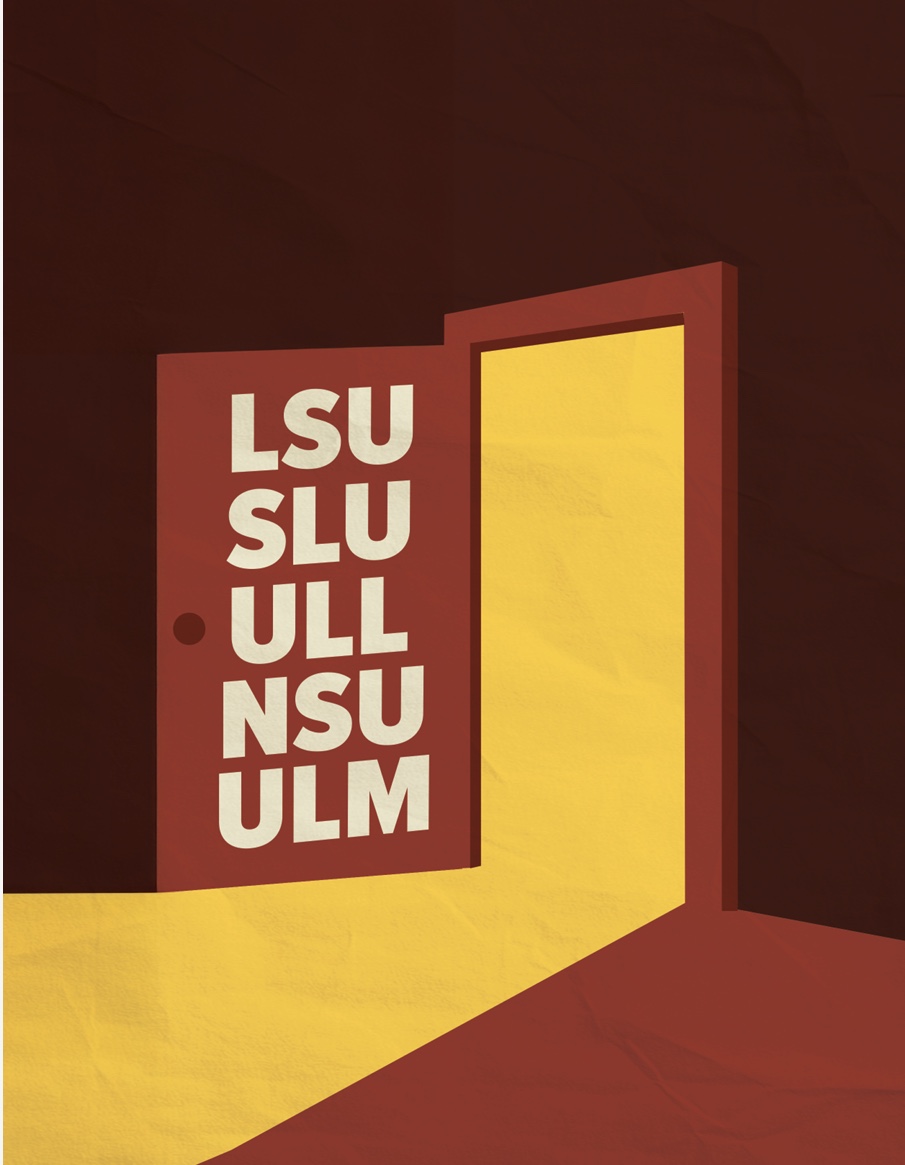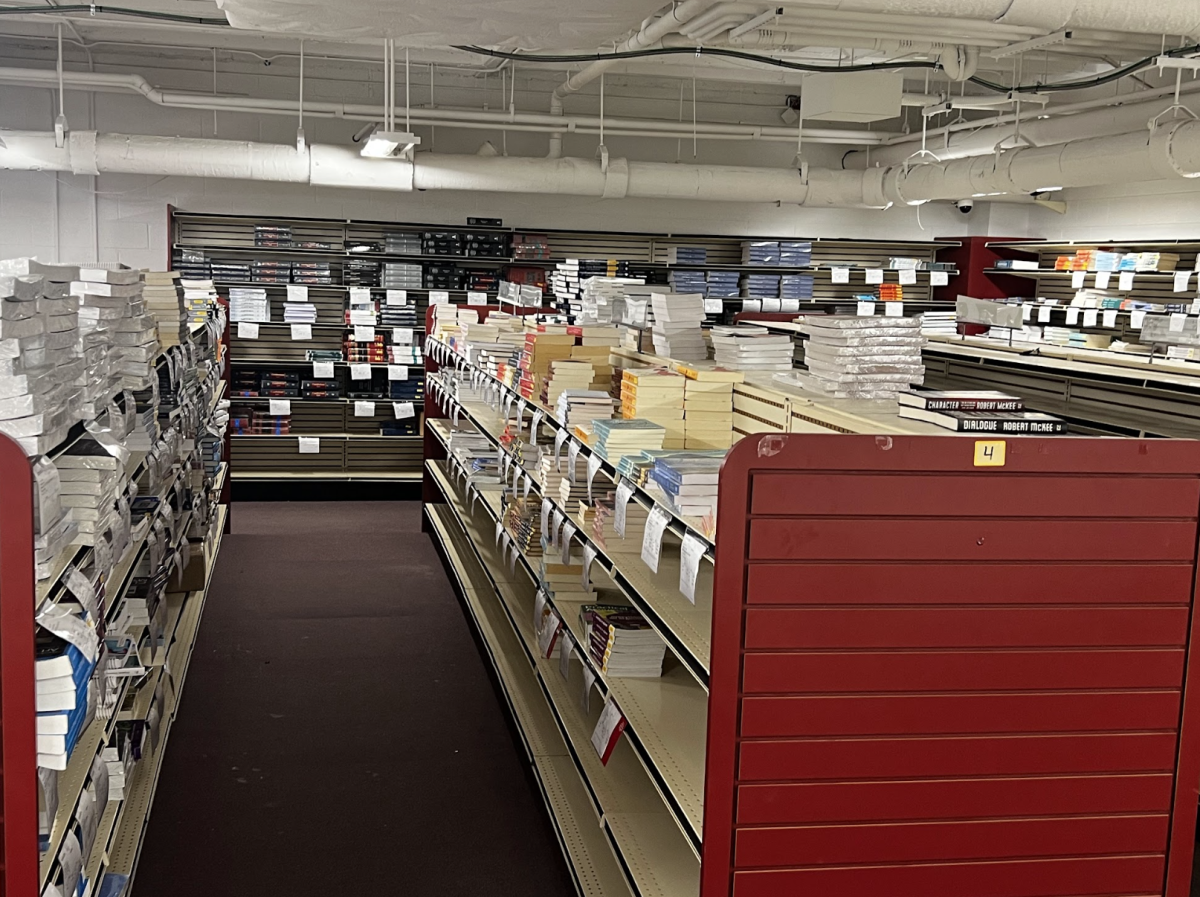Penn State University abruptly removed its student-run newspaper, The Daily Collegian, from newsstands across campus, citing a violation of its advertising policy. The ads in question were innocuous by most standards: one promoted a Kamala Harris rally, and the other encouraged voter registration. Yet the university’s decision, made swiftly and without warning, raises troubling questions about free speech, the autonomy of student media, and the creeping influence of administrative authority over platforms designed for student expression.
But the implications are far more significant. When a public university, ostensibly committed to fostering a robust environment for debate, unilaterally decides to pull its student newspaper from circulation, it sends a clear message: the boundaries of acceptable expression are not up to the students but the administration. This is a question of whether institutions of higher learning will uphold their duty to nurture free expression, even when that expression may be politically charged or controversial.
Student newspapers like The Daily Collegian exist to report on campus life and to hold institutions accountable. They are a vital component of any academic ecosystem, ensuring transparency, surfacing uncomfortable truths, and amplifying the voices of students who might otherwise go unheard. These papers are, in many ways, the heart of student expression. To remove them from campus without proper justification undermines the very principles that universities claim to uphold.
What is especially concerning about Penn State’s decision is the lack of due process. The removal of The Daily Collegian came without warning and with no opportunity for the newspaper’s staff to address or even understand the specific nature of the alleged violation. This lack of transparency only deepens the sense of unease. If a university can simply sweep a student publication off newsstands for running ads that touch on political activity—ads, it should be noted, that are entirely consistent with the democratic engagement many universities encourage—what message does this send to students? It tells them that their platforms, their voices, and their work can be shut down without recourse. It suggests that their autonomy is contingent upon the approval of administrators rather than being a protected right.
This issue speaks to a broader tension within higher education today, not just at Penn State. Universities are increasingly caught between their commitment to fostering open dialogue and their desire to avoid controversy. In this balance, many institutions have taken steps that prioritize administrative control over student freedom, which is deeply troubling. Higher education should be a place where students are encouraged to ask hard questions, report difficult truths, and hold power to account. When universities themselves become the arbiters of what speech is permissible, they erode the intellectual freedoms they are meant to champion.
In an era where the free press is under attack from authoritarian regimes, corporate influence, and social media disinformation, it is all the more important that universities—supposedly bastions of knowledge, inquiry, and freedom—stand firmly on the side of free expression. To do otherwise is to betray their core mission and the students they serve. The removal of The Daily Collegian is a warning signal. If universities begin to treat student media as something that can be controlled and censored, the future of free inquiry on campus becomes increasingly fragile.












